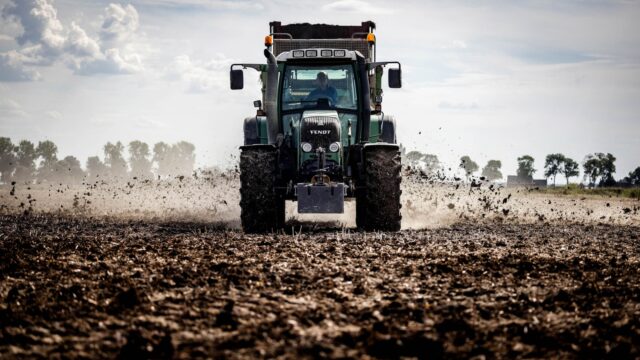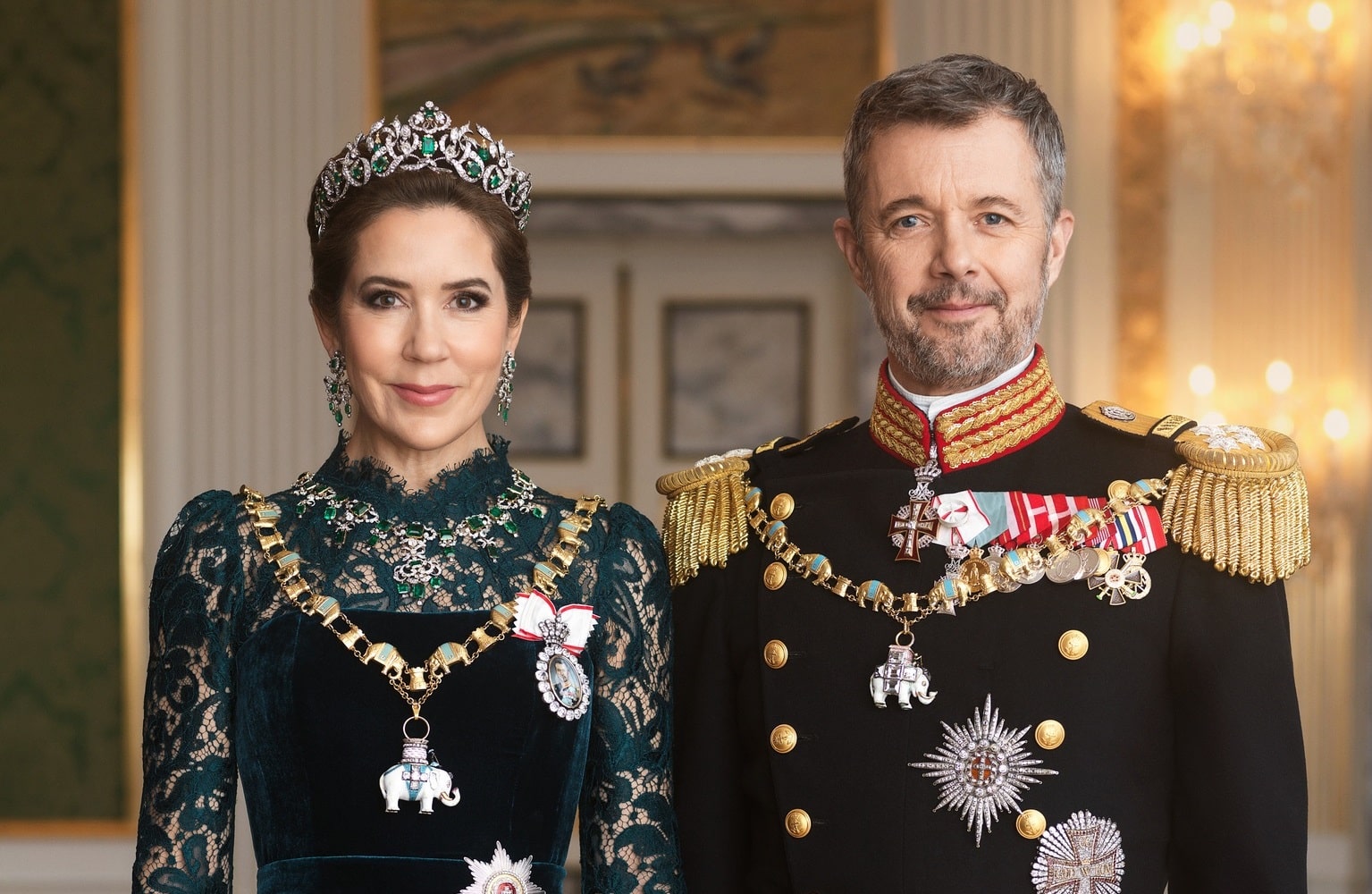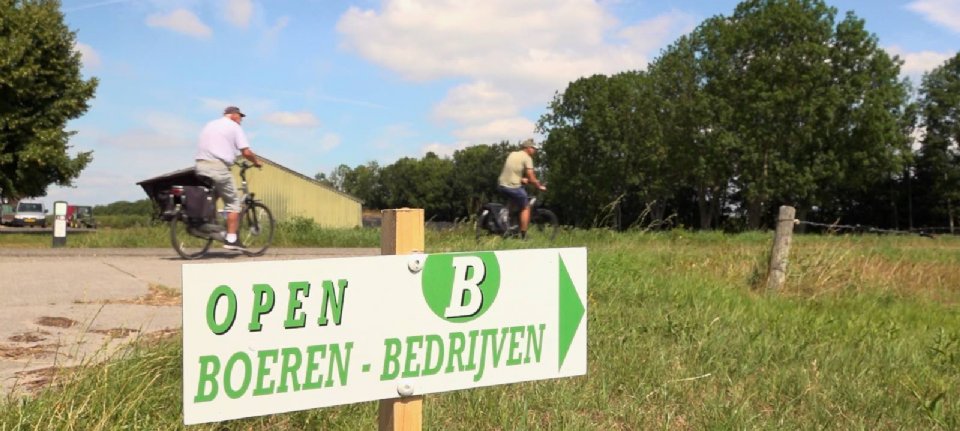For the 31st time, the Open Boeren – Bedrijvendag organization has organized a bike tour along the agricultural businesses of Drenthe. This year, the public can visit six companies. Cyclists came from all over the country. In addition to the interest in commercial operations, topics such as nitrogen policy and farmers’ protests were also discussed.
The ride through the areas around Ruinerwold, Havelte and Berghuizen offered cyclists a great mix of businesses. In addition to dairy farms and a pension stable, they were able to look at a nursery with planting pots and containers. Nostalgic fans can visit the De Karstenhoeve farm museum.
In Ackerlodges Ruinerwold, cow farmer Roelof Dekker has not opened his stable, but the wooden holiday homes he has been renting for several years. We now have six wooden lodges and one group inn and the interest is good. We don’t do anything with breakfast or activities for the kids. But it is the nature and the space on the site that most attract people. It is now a good additional source of income for us.
a lot of attention
Dairy farmer Bert Buckingt of Havelty is pleased with the high turnout during the open day. It is, of course, great cycling weather for the participants. They do well here in the yard all day. I find it difficult to make an estimate, but I think there are already between eight hundred and a thousand people participating today.
Bouwknegt decided to make it a positive day and not get into discussions about nitrogen or protests. “I have an opinion about it, and if people want to have this conversation with me, they can come back again next week.” A ride for participating cyclists showed that many visitors understand farmers’ anger when it comes to nitrogen policy. Participants had less understanding of harsh highway procedures.

“Total coffee specialist. Hardcore reader. Incurable music scholar. Web guru. Freelance troublemaker. Problem solver. Travel trailblazer.”






More Stories
“There is no scientific evidence for strict fertilizer standards in the Netherlands.”
Astronomers have discovered a new molecule in space. And it's very special
Will it soon be possible to freeze humans and then thaw them again?